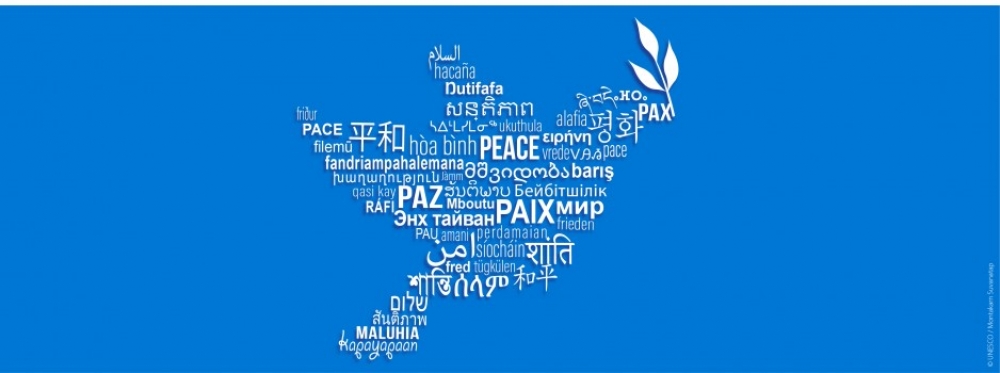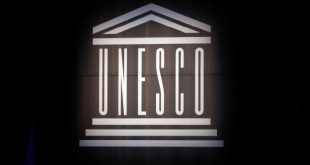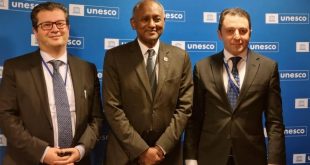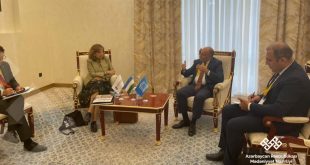
International Mother Language Day is celebrated annually on 21 February to promote awareness of linguistic and cultural diversity and multilingualism. The 22nd edition of this Day is celebrated as the world faces the unprecedented disruption to education caused by COVID-19. The pandemic has exposed and is expected to add new layers or to deepen inequalities, marginalization and exclusion.
The theme of the 2021 International Mother Language Day, “Fostering multilingualism for inclusion in education and society,” recognizes that languages and multilingualism can advance inclusion, and the Sustainable Development Goals’ focus on leaving no one behind. UNESCO believes education, based on the first language or mother tongue, must begin from the early years as early childhood care and education is the foundation of learning. The webinar will be held in English, French and Spanish with simultaneous interpretation, also as well as in international sign language.
The webinar will address two sub themes: Rethinking inclusive policy and practice in teaching and learning in multilingual contexts and Enhancing inclusion through multilingualism, including sign language, in early childhood education and care (ECCE), the foundation for learning. The webinar aims to: enhance inclusion in education through inclusive policy and practice in teaching and learning integrating multilingualism; promote a comprehensive inclusive early childhood education and care with all children living and learning together through multilingualism; contribute to developing and sustaining inclusive society through multilingualism.
UNESCO’s celebration of International Mother Language Day 2021 calls on policy makers, educators and teachers, parents and families to scale up their commitment to multilingual education, and inclusion in education to advance education recovery in the context of COVID-19. This effort also contributes to the 2019 Cali commitment to equity and inclusion in education and the United Nations International Decade of Indigenous Languages (2022-2032), for which UNESCO is the lead agency, and which places multilingualism at the heart of indigenous peoples’ development.
 Oval Useful news from Azerbaijan and Caucasus
Oval Useful news from Azerbaijan and Caucasus


